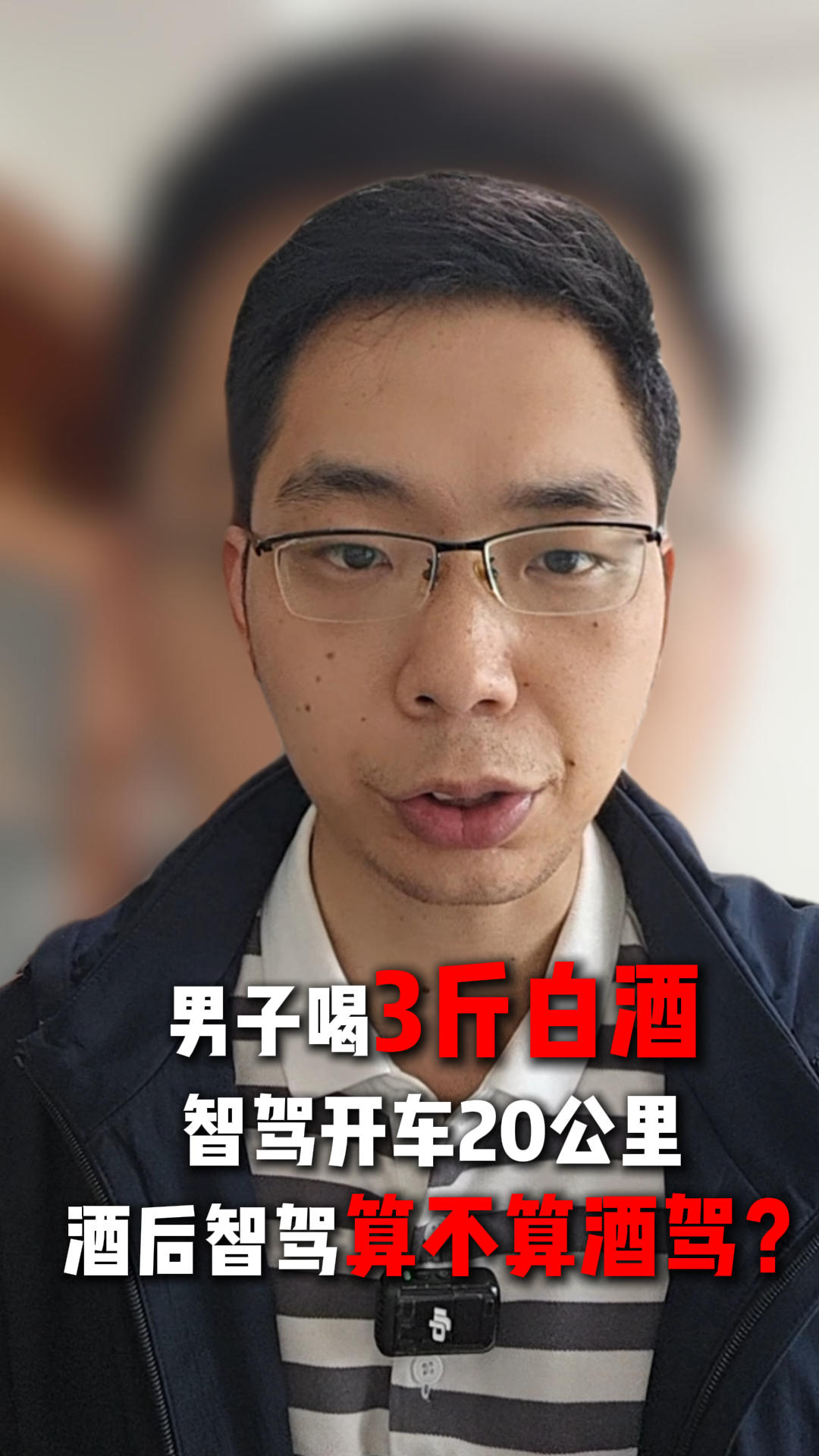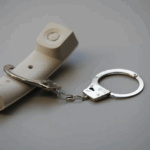Can you believe someone would drink three pounds of baijiu and still dare to drive? According to a news report, a man in Hangzhou consumed three pounds of baijiu and then activated the smart driving function of his new energy vehicle. After drinking, he used the vehicle’s smart driving feature while sleeping in the driver’s seat. The car drove 20 kilometers autonomously before eventually stopping on the highway. Highway traffic police discovered the vehicle with its doors locked and windows tightly closed. Fearing for his safety, they broke a window to rescue him. As soon as the window opened, a strong smell of alcohol overwhelmed them. So, does using smart driving mode after drinking count as drunk driving or driving under the influence? What penalties might apply? Let’s break it down.
In judicial practice, the criteria for determining drunk driving are: drinking (meaning a blood alcohol concentration greater than or equal to 20mg/100ml but less than 80mg/100ml) + starting the vehicle + the vehicle moving. Once these three conditions are met simultaneously, the driver’s behavior can be classified as drunk driving. If the driver’s blood alcohol concentration is greater than or equal to 80mg/100ml at that time, it is considered driving under the influence.
Currently, smart driving modes in vehicles in China are at Level L2, which requires collaboration between the vehicle system and the driver to control the car. At this level of smart driving, the driver remains the primary agent of the driving behavior. Even if a driver uses smart driving mode after drinking, traffic police will still classify it as drunk driving or driving under the influence.
If a driver is identified as driving under the influence, they may be suspected of violating road traffic safety laws and face administrative penalties such as 12 demerit points, temporary or permanent revocation of their driver’s license, fines, or detention. If the driver is classified as driving under the influence, in addition to administrative penalties, they may also face criminal charges. The driver’s behavior could be suspected of constituting one of the following offenses under criminal law: dangerous driving, endangering public safety by dangerous means, or causing a traffic accident. The consequences range from a minimum of possible detention and fines to a maximum of over ten years in prison, life imprisonment, or even the death penalty.
Let this serve as a reminder: when driving on the road, responsibility always lies with the person, not the vehicle. Driving after drinking is涉嫌 illegal and may even constitute a crime. Don’t drink and drive, and don’t drive after drinking—this is a line you should never cross.




